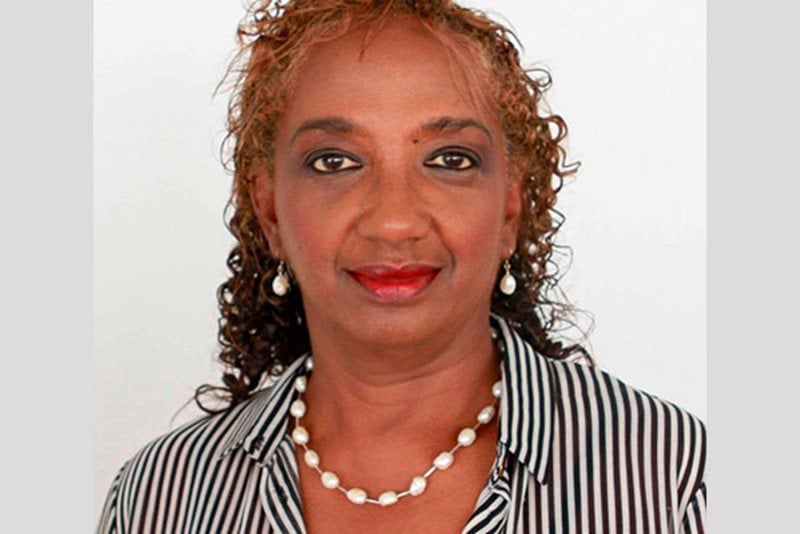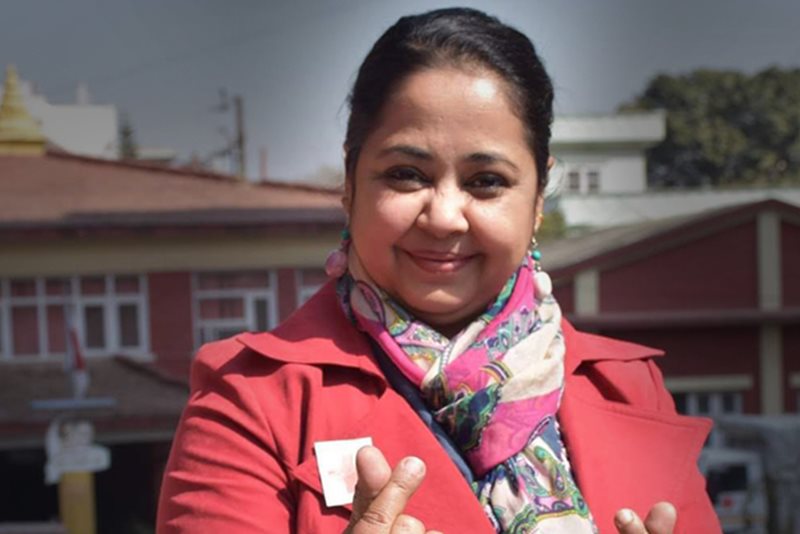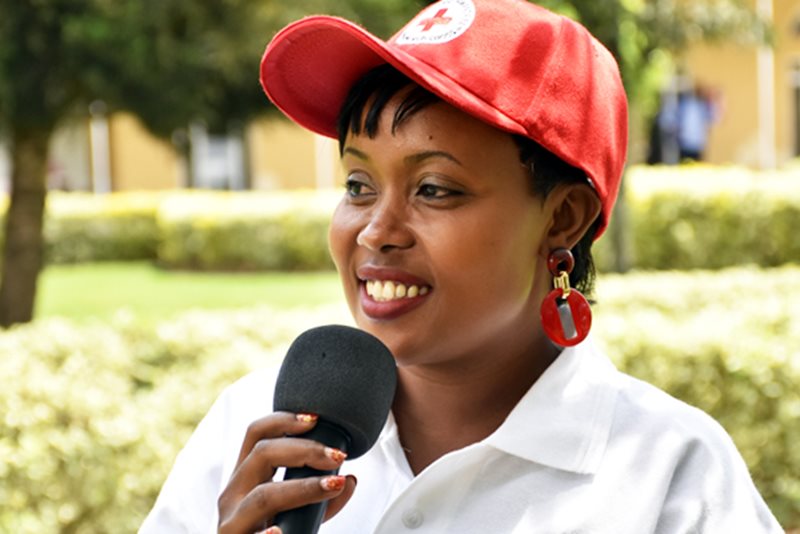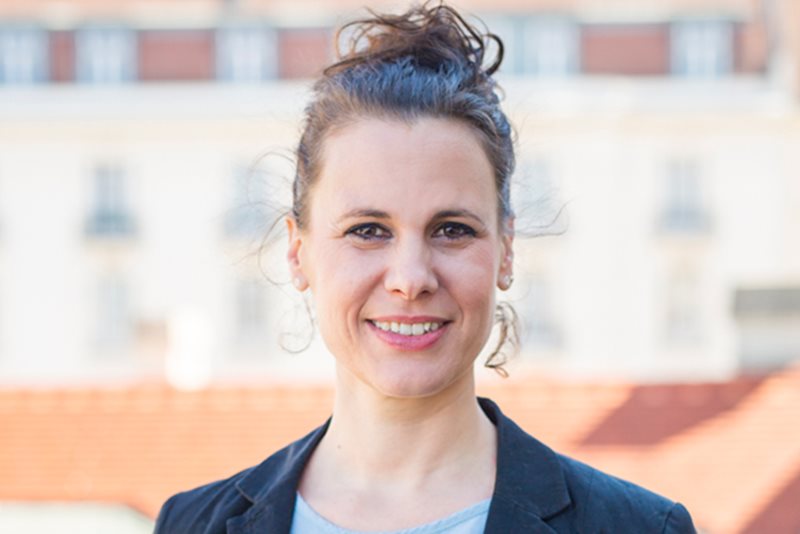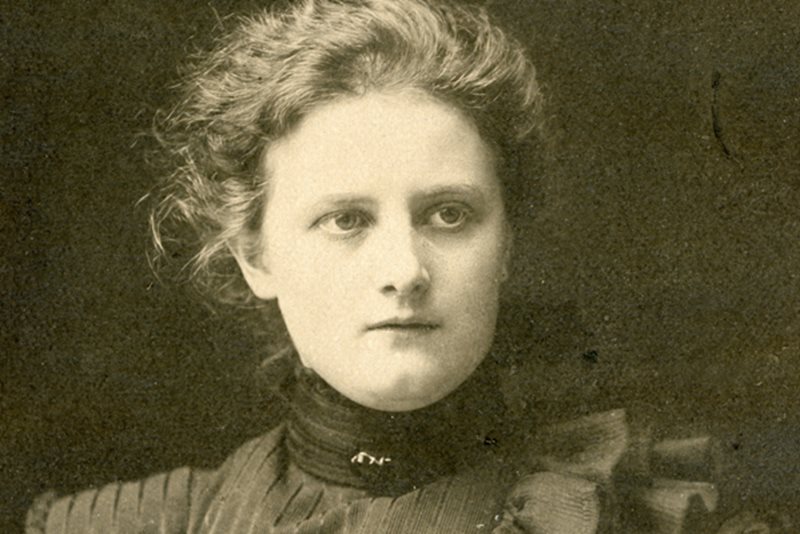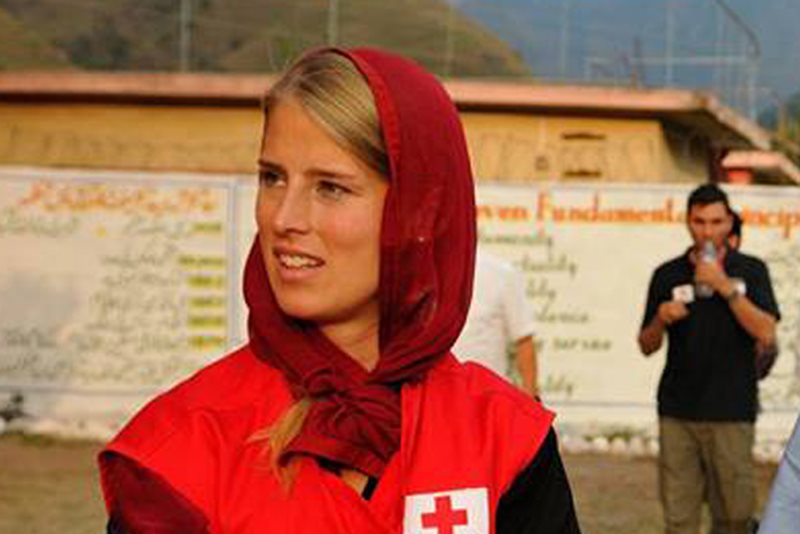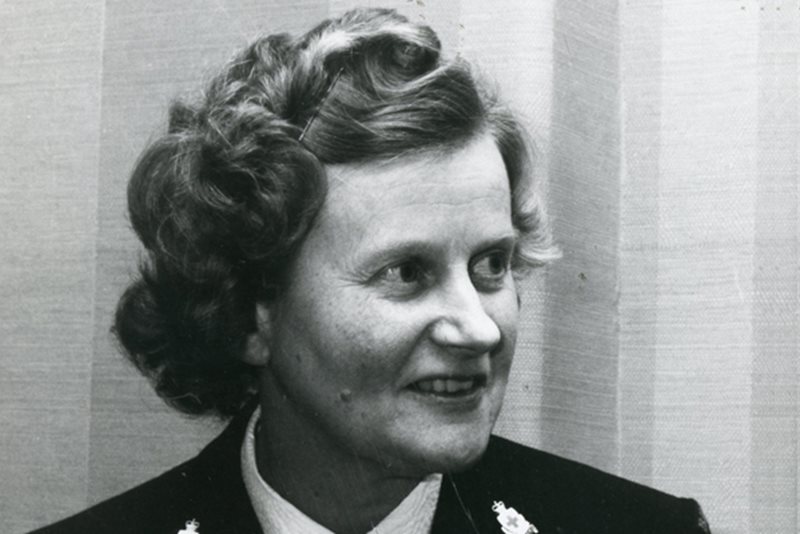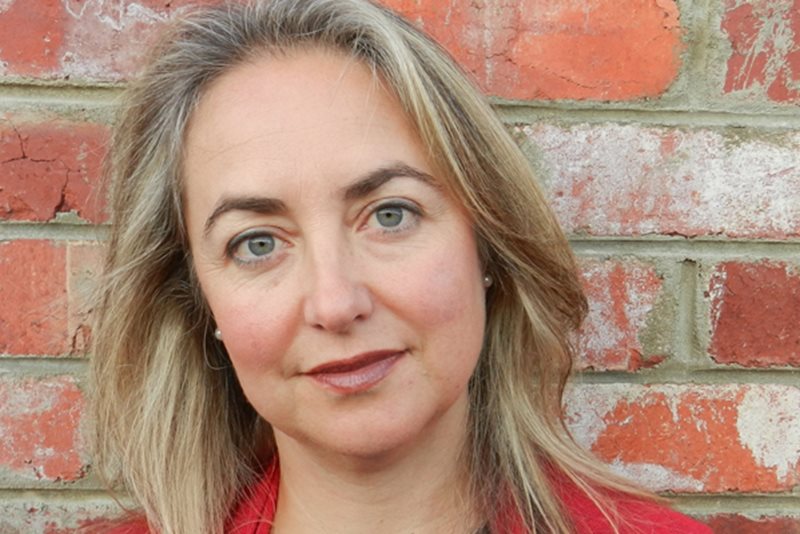

“From a young age, I was always inspired and motivated to help other people. Making someone feel better, smile or happier was a self-fulfilling goal I had set for myself years ago. Hence, I decided to become a doctor, an academic and a humanitarian volunteer to spread kindness and help in times of need.”
– Prof. Dr. Fatma Meriç Yılmaz, Turkey“No one can stop you from achieving your goals if you work for a noble cause with passion and dedication”
“Of course, being a woman, you face a range of difficulties throughout your life but as women we are strong and resilient. Even though we still have a long way to go to achieve equity, representation and equality for women, we should recognize that we came a long way in the last hundred years.
Women have always been at the front lines of humanitarian action. Inspirational women like, Florence Nightingale, Fatma Aliye Hanım, Clara Barton, Malala Yousafzai, Safiye Hüseyin Elbi and Claire Bertschinger among many other prominent women have not only faced the serious crises of their day but with their noble actions they significantly impacted the foundation of modern humanitarianism and shaped the Red Cross and Red Crescent Movement. Their bravery, vision and sacrifice show us that no one can stop you from achieving your goals and reaching your dreams if you work for a noble cause with passion and dedication.
Today, more than half of Red Cross and Red Crescent volunteers around the globe are women, and women are among the first to respond in all crises including disasters, epidemics, and conflicts. As women, we also pay all kinds of sacrifice for our passion and bravery daily. Despite this legacy, and the fundamental principles of impartiality and humanity, women are still not equally represented in the humanitarian sector, especially in top decision-making roles. Moreover, the deeply imbedded and systemic discrimination against women at the organisational, cultural, social, financial, and political levels are amplified in crisis situations, making it much more challenging for women to progress.
Today, regardless of the obstacles and challenges we have, many women in our Red Cross and Red Crescent Movement working meticulously to serve humanity and bring added value to their organizations.
I am very happy and honoured to be a woman in a leadership position at the Turkish Red Crescent, where many changes and transformations have been taking place to enable a growing presence and role for women at all levels of the organization.
One of many undertakings in this regard is the establishment of the Red Crescent Women Unit of Turkish Red Crescent in 2020. Our aim with this Unit is to ensure the active engagement of women not only as the ones burdened with vulnerabilities in society but also as active agents and humanitarians shaping the response and decisions.
Since its establishment, Turkish Red Crescent Women now exists in 195 branches and representative offices across the country. 18,000 registered women are actively engaged in Red Crescent Women Unit and reaching out to thousands of people in need every day.
In addition to 18,000 our women volunteers in our Women Unit, we also worked hard to attract and reach out to women volunteers as part of our general volunteer efforts for the Turkish Red Crescent as a whole. As a result of our work over the years, 60 percent out of our 200,000 total volunteers are women. A proud accomplishment.
At the Turkish Red Crescent, we combined these practical steps with new changes to our revised Statute. We managed to take a serious step forward to encourage women and youth memberships and volunteerism and enshrined in our newly revised Statute a minimum 3-member quota for women in our Governing Board. We are aware that more needs to be done but we find this a significant step forward for women leaders and decision makers in our organization.
While we have to do more to pave the way for women volunteers, managers, leaders, we as women must continue our hard work and realize that despite all the difficulties, we are still unstoppable when we work with passion, dedication, and a noble cause to alleviate human suffering.”

“The women of Castiglione nursed and soothed the wounded soldiers, ut when the Red Cross was born, no women were in attendance. Today women are still nursing the wounded... But are they in on the decision making?”



